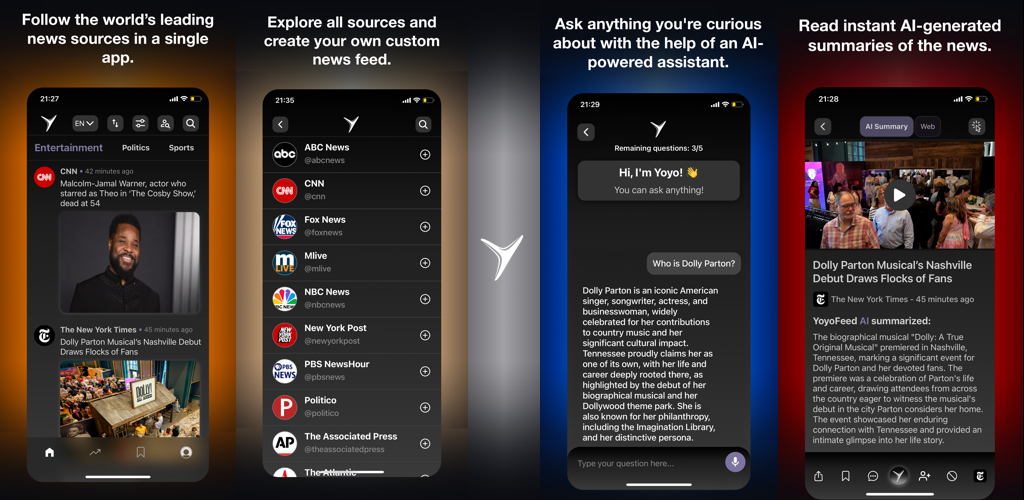Apple's iPhone Air is an ultra-slim and lightweight smartphone designed with a focus on absolute thinness, achieving a 5.64mm frame. This reductive design involves cutting down on features like stereo speakers, reducing battery size, and having a single rear camera. Despite its premium titanium and glass construction and a starting price of £999, the Air's thinness comes at the cost of significant concessions.
The phone's slim profile is noticeable immediately upon handling it, making it feel special and easier to hold than other iPhones. However, its thinness is slightly compromised by a protruding camera bump that doubles its thickness in that area. Functionally, the Air operates like any other modern iPhone, offering the same apps, Face ID, and responsiveness, but it exclusively uses eSIM technology, eliminating the nano-SIM tray.
The iPhone Air is powered by the A19 Pro chip, slightly less powerful than the standard iPhone 17's chip, and it tends to get warmer during intensive tasks. The reduced battery size means shorter battery life compared to other iPhones, though it can last a full day for moderate use. The single 48-megapixel rear camera, while capable of good photos and video in favorable conditions, lacks the versatility of ultrawide and telephoto lenses found on other models, and its zoom capabilities are limited. The 18MP front-facing camera includes the Centre Stage technology for group selfies.
Ultimately, the review suggests the iPhone ... download the app to read more
Follow top global news sources, read AI-powered summaries, ask AI your questions, translate news into your language, and join live chats — all with YoyoFeed!


